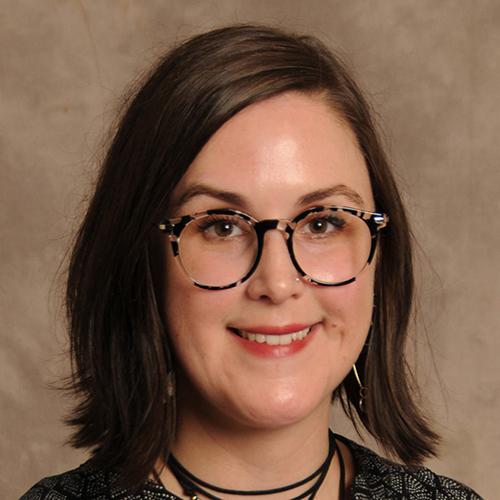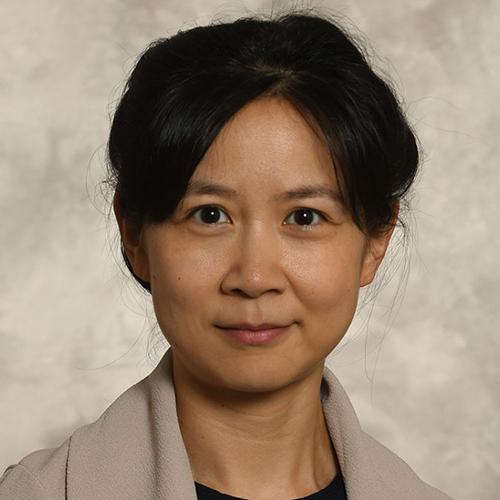
Faculty Stars
The staff of the SU Libraries works closely with many academic faculty to teach students information literacy skills – that is, how to find, evaluate and use information. In 2014, we started a program to recognize Information Literacy Partners of the Month, honoring usually three or four per year, despite the name. Librarians nominate faculty based on their willingness to work with us to teach information literacy skills and to teach creatively. Here is some information about our most recent IL Partners of the Month, as written by the librarians who nominated them:

Jennifer Liston, Department of Art: Dr. Liston has consistently sought me out for assistance with her art history courses each semester that I have been here at Salisbury. Together, we have worked diligently to develop sessions and assignments that have boosted the information literacy skills of students enrolled in her art history courses, focusing specifically on topic development and source evaluation. This past summer, Dr. Liston was awarded one of the SU Libraries Course Enhancement Grants for the Introduction to Art History online course, working with me to develop training modules to reach her online students. Throughout our time working together, Dr. Liston has continually impressed me with her dedication to her students and their education.
 Dean Ravizza, Department of Secondary and Physical Education: Dr. Ravizza has consistently worked with the library during my time here at Salisbury University, bringing me in to work with his PHED 400 course every spring semester. In this class, which focuses on adapted physical education, we work with the students to connect their growing information literacy skills to their future work as practitioners in the field of physical education. This semester, even through all of its changes in moving to an online environment, was no different. Dr. Ravizza was intent on providing a similar experience to his students, working with me to create tutorial videos for his students to watch and practice their IL skills as they worked on their research assignments. His students are fortunate to have such a dedicated professor.
Dean Ravizza, Department of Secondary and Physical Education: Dr. Ravizza has consistently worked with the library during my time here at Salisbury University, bringing me in to work with his PHED 400 course every spring semester. In this class, which focuses on adapted physical education, we work with the students to connect their growing information literacy skills to their future work as practitioners in the field of physical education. This semester, even through all of its changes in moving to an online environment, was no different. Dr. Ravizza was intent on providing a similar experience to his students, working with me to create tutorial videos for his students to watch and practice their IL skills as they worked on their research assignments. His students are fortunate to have such a dedicated professor.

These faculty are stars in librarians’ eyes, and we thank them for working with us.